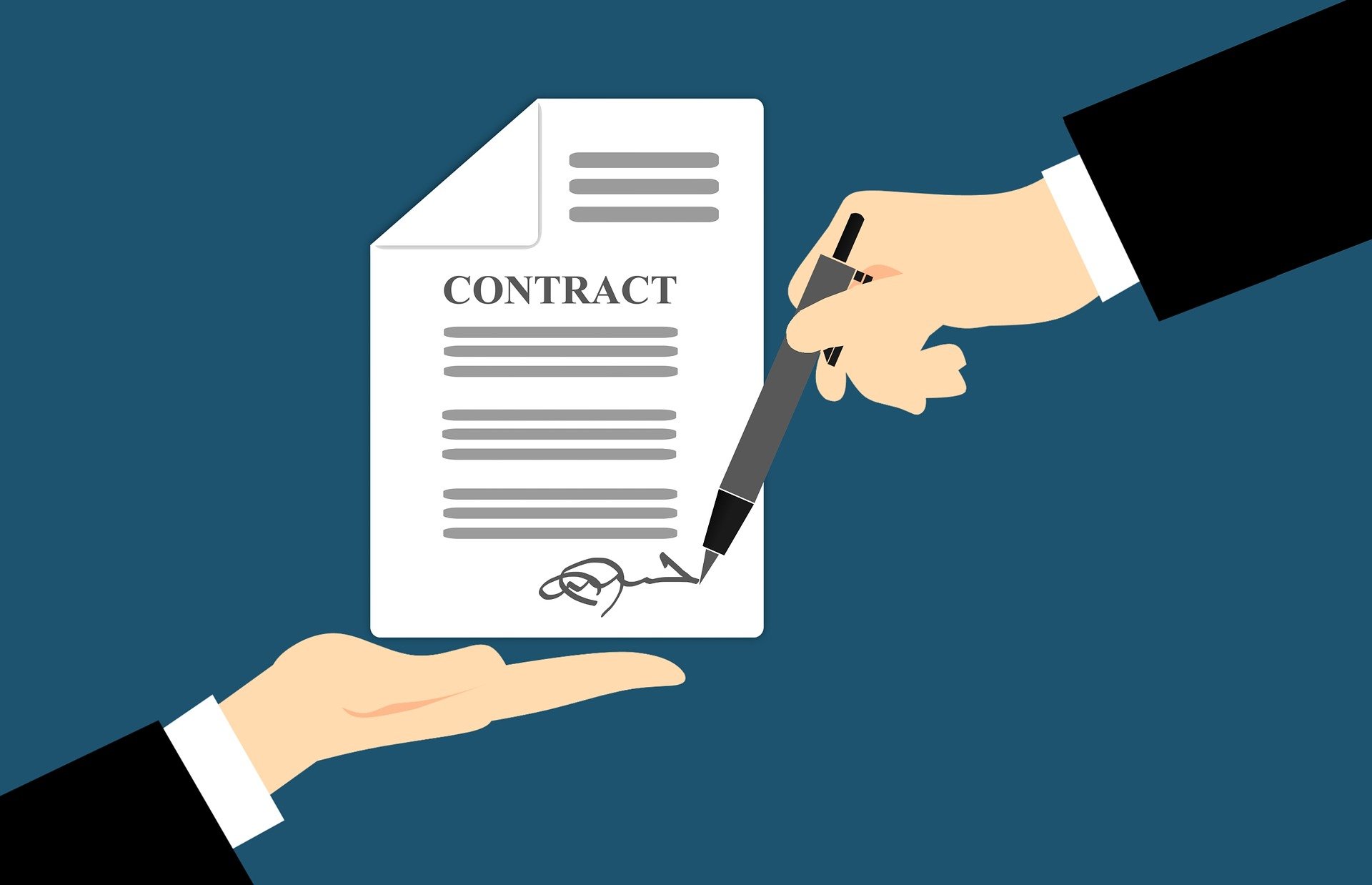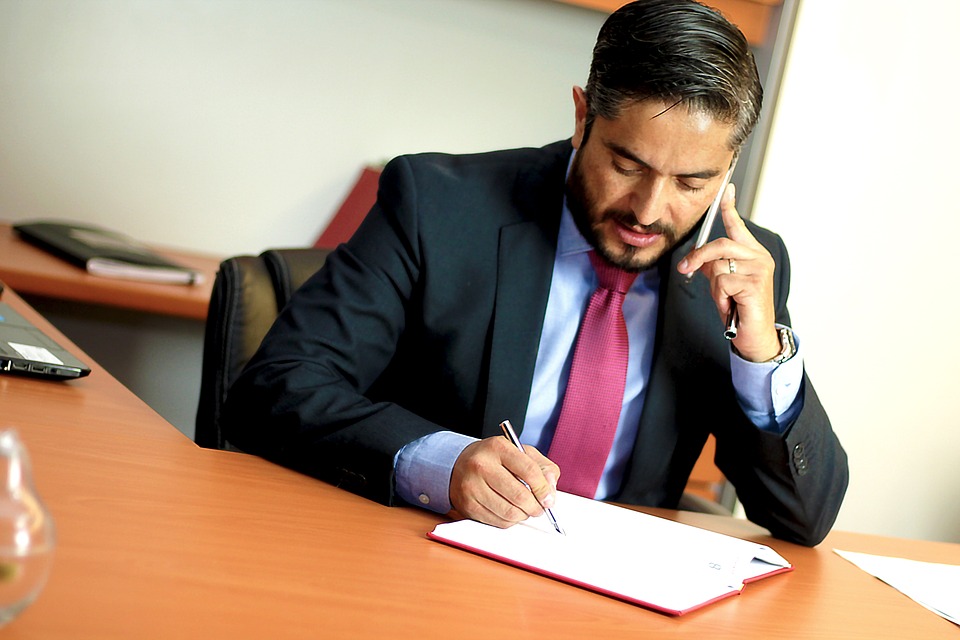A collaborative divorce is one in which spouses work together, with their lawyers, to reach a divorce agreement instead of taking the case to court. This process can help reduce stress, enable the couple to get divorced faster and help the couple save as much money as possible through the divorce process. While this is a relatively new way to get a divorce, this is one many couple are choosing because it can make the divorce process easier on everyone involved.
How Does Collaborative Divorce Work?

During the collaborative law process, both spouses hire a collaborative divorce lawyer to protect their interests and help them through the divorce process. The lawyers and spouses will then have a series of meetings to identify the issues that need to be resolved and work on coming up with a solution that’s good for everyone. Other professionals may be called in to help facilitate these discussions and help the spouses find a good solution.
How Expensive is a Collaborative Divorce?
A collaborative divorce can be expensive, depending on how long it takes and how many professionals need to be brought in to help work out any issues. Traditional divorces will end with couples spending more than $20,000 for divorces that go through a trial. A collaborative divorce, on the other hand, doesn’t involve going to trial so, even with the added cost of help from professionals, the collaborative divorce is far less expensive.
Can Anyone Seek a Collaborative Divorce?
Any couple can seek a collaborative divorce, so long as both spouses are available and willing to work through the process. High-conflict divorce cases can be solved through the collaborative divorce process without the divorce needing to go through a trial. A collaborative divorce won’t be available if one spouse cannot be found or if one spouse does not wish to try this process.
Is it Possible to Switch from a Standard Divorce to a Collaborative Divorce?
Yes, but only if both spouses are willing to give a collaborative divorce a try. If the spouse who has already filed does not have an attorney trained in the collaborative divorce process, they must be willing to end the current divorce case and start over with a new lawyer.
What Happens if One Side is Dishonest?
While a collaborative divorce depends on honesty between spouses, it’s possible that one side will be dishonest during the process. If any dishonesty is found, the lawyer for that side is required to let the other side know and to withdraw from representing their client.
What Happens if an Agreement Can’t be Reached?
A collaborative divorce will work out well in most cases, but there is always the chance that spouses cannot come to an agreement. If this happens, the spouses can decide to quit the collaborative divorce and start over with a divorce that goes to trial. In this case, they will both be required to find new attorneys to help them through a traditional divorce.
If you are planning on getting a divorce, a collaborative divorce might be worth a try. Speak with a collaborative divorce attorney today to learn more about whether this is right in your situation, how you can get started, and how you can talk to your spouse and encourage them to start the collaborative divorce process.
Read Also:























